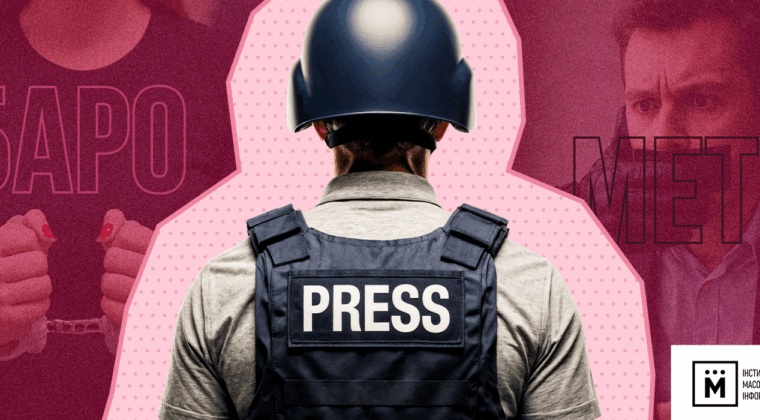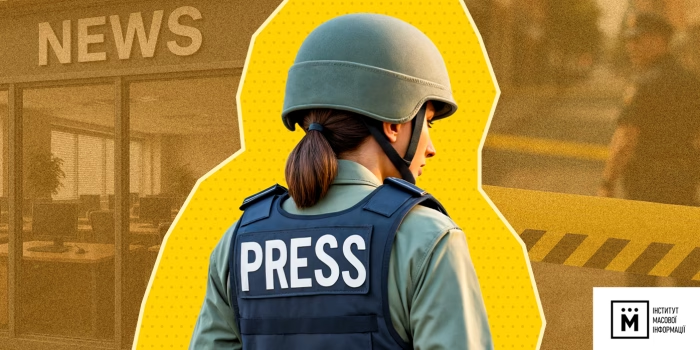The draft law on de-oligarchisation has officially appeared, anyway. On 2 of June, the bill was submitted to the parliament, and the next day, the text is published on the website. But it was found out to be not so hardline as the bill, that ZN.ua made public last week, at least in its media part.
The draft law “On Prevention of Threats to National Security Related to Excessive Influence of Persons Who Have Significant Economic or Political Weight in Public Life (Oligarchs)” was introduced personally by the President and contains only 10 clauses. A register of oligarchs is being introduced, which is to be supervised and completed by the National Security and Defense Council. This is a body that is actually under the personal control of the president, because in our administrative culture, the government officials are used to focus on the “first person”, and thanks to the mono-majority in the parliament, even persons who had been appointed by the National Security and Defense Council indirectly owe it to the head of state.
What is the threat of being at the register of oligarchs? Three basic things: a ban on funding political parties (directly or indirectly); prohibition to be a buyer (beneficiary) in the process of large-scale privatization; the obligation to submit a declaration of a person authorized to perform state functions. Is it so terrible to submit a declaration if it is submitted annually by all, even small, officials? Unless it is technically difficult to count and describe all the property and assets in it.
Big privatization: are there so many objects of interest that remained to the oligarchs? Party financing, there are no fool oligarchs to finance someone directly, but indirectly it is possible not stupidly and primitively through the poor, who contribute hundreds of thousands to party accounts, and then try to prove that the funds had been provided by an oligarch.
On what grounds are they likely to be considered as oligarchs?
There are four of them:
1) being involved in political life (presence of a high state position or a relative taking it, leading position in the party, financing or propaganda, as well as financing of “rallies or demonstrations with political demands”);
2) control over the subject of natural resources monopolies or an ordinary monopolist, which maintains or strengthens one’s market positions for at least a year;
3) the confirmed value of assets exceeds one million subsistence minimums;
4) and, of course, control or status of the beneficiary in relation to some mass media (as well as its alienation before the date of enactment of the law in favor of a person with an impeccable reputation).
At the same time, any mass media of any kind are taken into account, in particular websites, which are not yet separately regulated in Ukraine. They are defined as “ electronic media, a means of disseminating periodically updated information for an indefinite range of subjects in electronic form via the Internet under a permanent name as an individualizing feature”. We emphasize that these are not just news portals, but any websites, which from time to time are updating information, and every large company has them. In other words, owning by a monopolist in a certain market or any other large enterprise actually has two features of an oligarch, because owning a website as “electronic media” is immediately added. And it also means that such a bill will not be an incentive for the oligarchs to get rid of the classic media, which belong to them directly or indirectly. After all, the sites of enterprises will remain, and with them a sign of control over the media.
Would it be so frightening for people we know well to get official oligarch status? Not sure. But they are likely to retain ways of influencing political life and public opinion. But the Verkhovna Rada may not vote for such a project, because the deputies of the Verkhovna Rada, who “cooperate” with the same oligarchs, may not support the creation of additional problems for their “friends”.
The bill does not contain any safety piece preventing the oligarchs exerting influence on the editorial policy of the media under their control.



